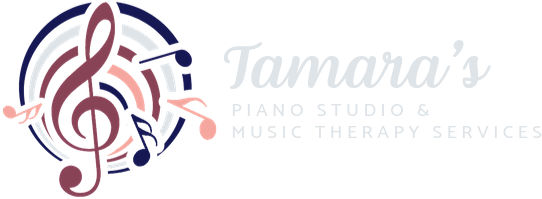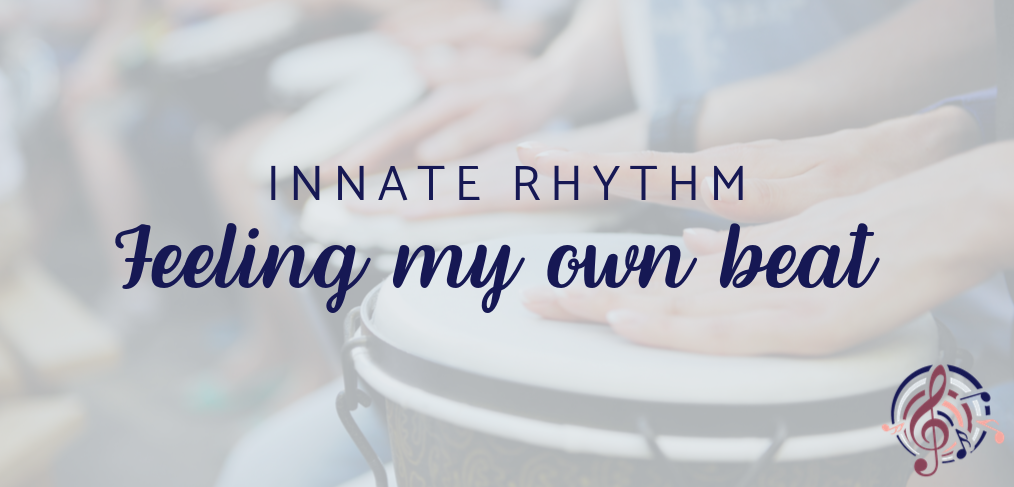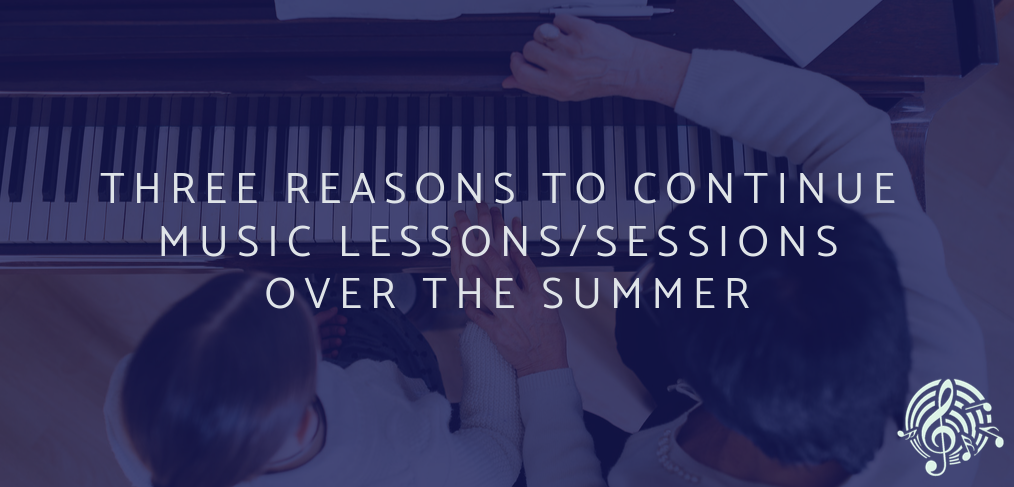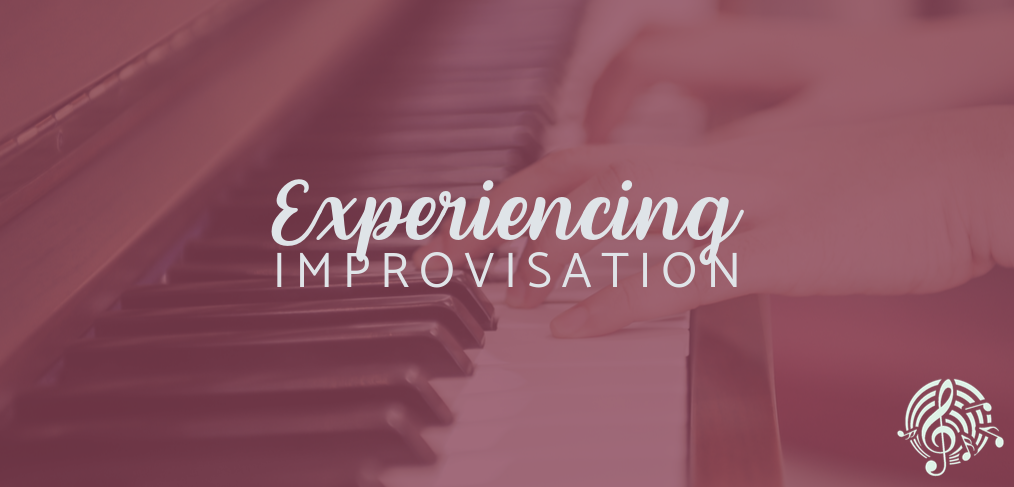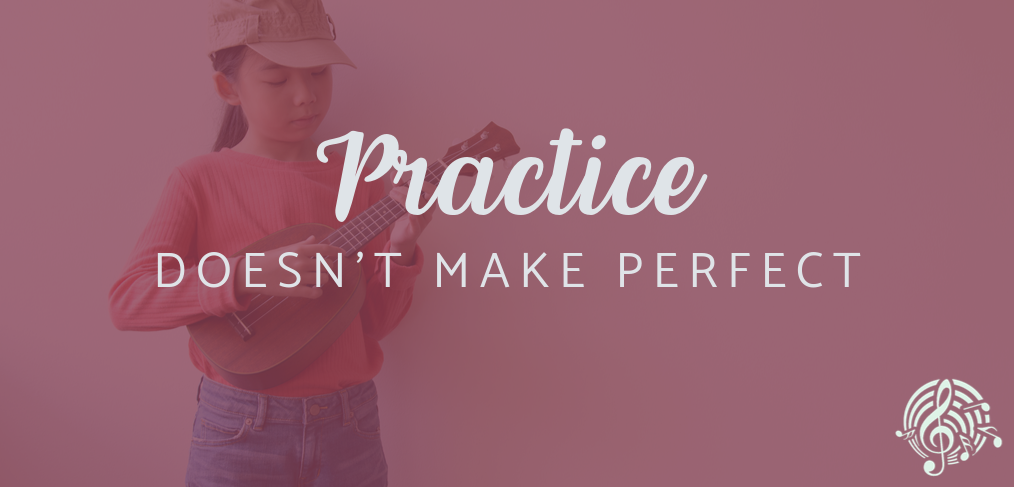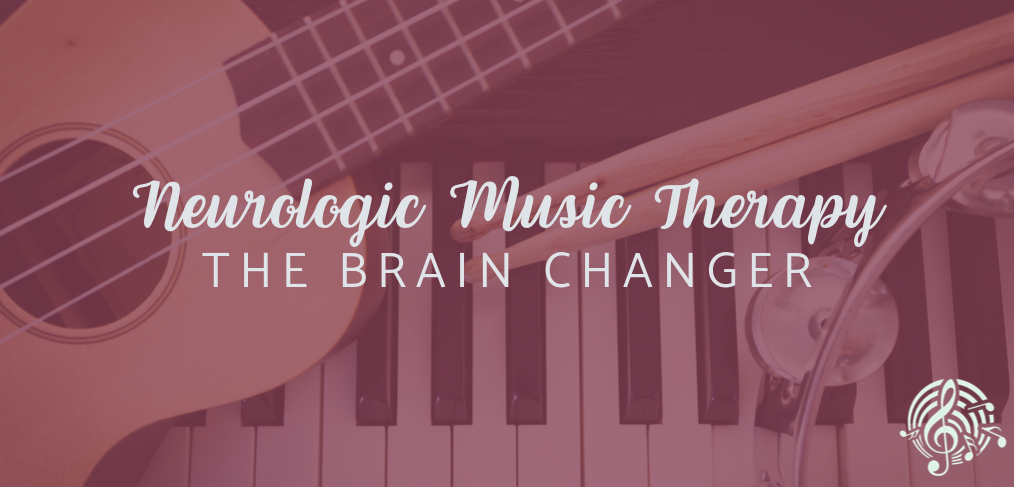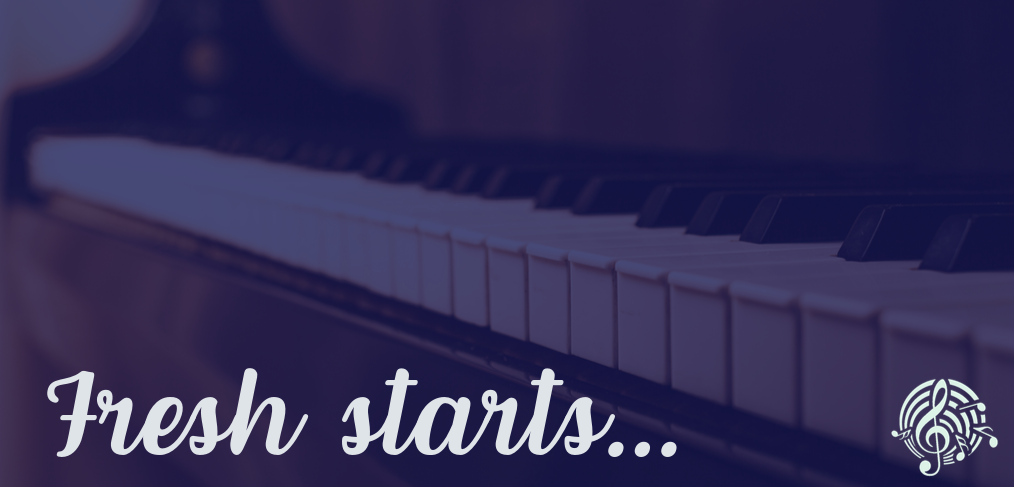An inside look at how rhythm affects our brain
As human beings, we are innately rhythmic. Daily we feel our heartbeat, we hear the ticking of our car signals, we listen to the radio.
Even before birth we are exposed to a steady rhythm – our mothers’ heart beat. Newborn babies are hardwired to feel beats – research has shown that babies are aware of beat deception, or disruption in meter. It makes sense then that a beat, and the elements that create a beat, are an important aspect in music therapy and musical training (Winkler, Haden, Ladinig, Sziller, & Honing, 2008).
